The Tsinghua University Report on Sustainable Development Goals comprehensively summarizes the efforts and actions taken by Tsinghua University (a member of Global MOOC Alliance) in implementing the 17 UN Sustainable Development Goals (SDGs). The report proposes a “17*5” SDGs Impact Model, which captures Tsinghua University’s endeavors from 2016 to 2020 in localizing SDGs in the following five functional aspects: talent training, scientific research, social contribution, cultural inheritance and innovation, and international exchange and collaboration. Data and vivid cases of key actions, achievements and technical consultation projects completed by Tsinghua University promoting sustainable development in respect of the 17 SDGs were analyzed. The Report was prepared by the Tsinghua Institute for Sustainable Development Goals, commissioned by Tsinghua University.
With the 17 Sustainable Development Goals such as “No Poverty” and “Zero Hunger” as key components, the 2030 Agenda for Sustainable Development (2030 Agenda) was adopted in 2015 at the United Nations Sustainable Development Summit. People have a more comprehensive understanding of sustainable development and the key development issues. To cope with global challenges such as poverty, hunger, inequality in education, and climate change, the world increasingly needs diversified partnerships, especially continuous and arduous efforts made by different agencies.
Universities should actively practice the concept of sustainable development. Tsinghua University shoulders an important responsibility not only for itself, for China, but also for global sustainable development. In the face of global challenges concerning the future of the country and the destiny of mankind, Tsinghua University will look ahead and actively promote the construction of sustainable universities, writing the narratives of micro-level SDGs actions by universities.
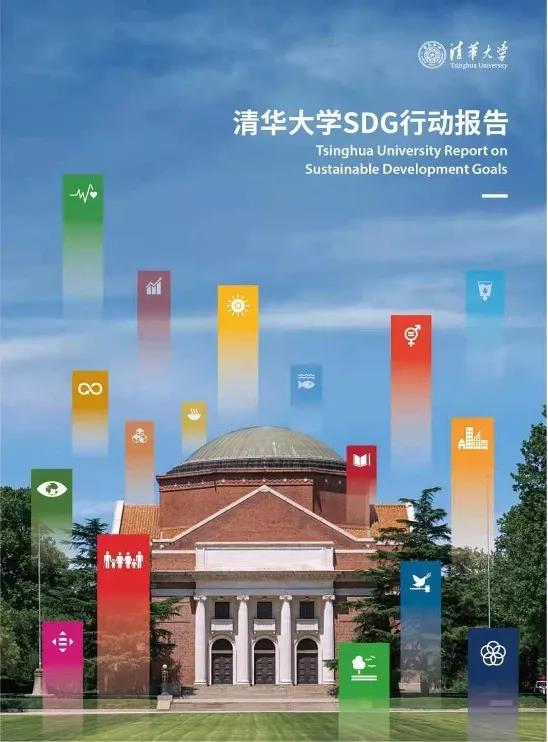
This report is not only a summary of the actions taken by Tsinghua University in implementing SDGs in recent years, but also an overview of the goal of promoting SDGs in the future. With the “2030 Agenda”, Tsinghua University will work hand in hand with other universities, international organizations and other institutions to progress the realization of national and global sustainable development goals.
Below is the section of the report which is related to SDG4 Quality Education.
Tsinghua data related to SDG4
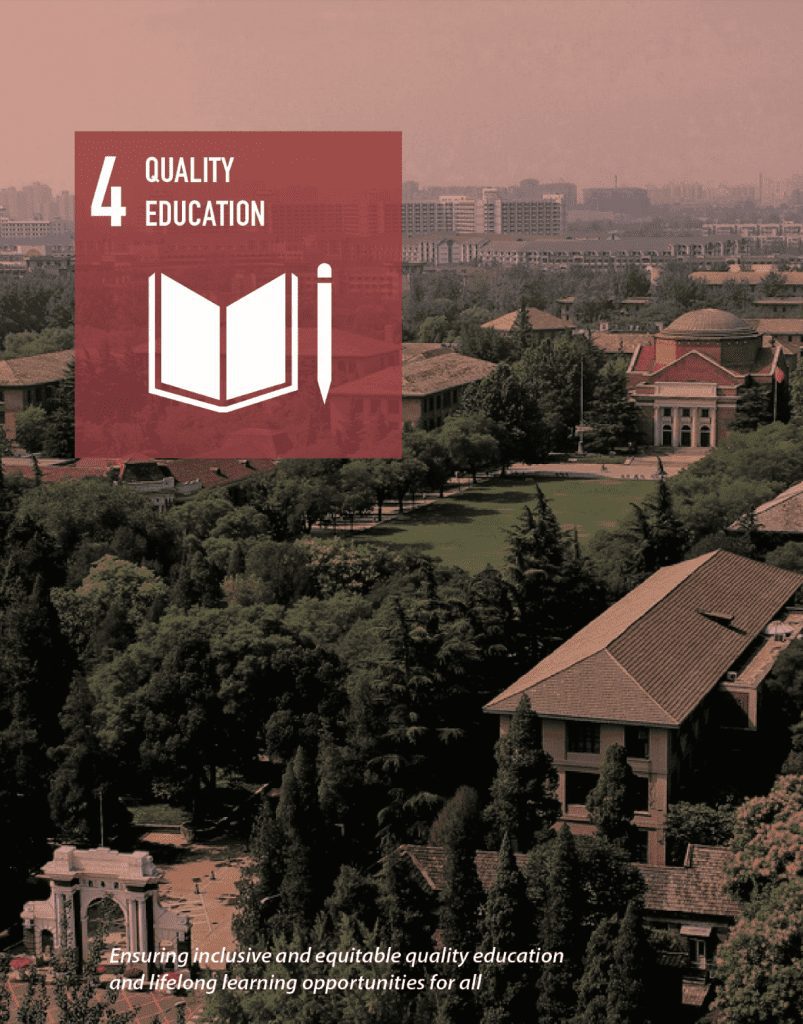
Talent Training
- Number of undergraduate courses: 245
- Number of graduate courses: 40
- Number of graduate degree programs: 5
- Consolation for students with financial difficulties: ~8,000 times
- Grants for students with financial difficulties (RMB): 19.372 million
Scientific Research
- Number of research projects: 226
- Number of publications in Chinese and foreign languages: 162
- Number of patents: 6
- Number of redearch output transformation: 11
- Number of university affiliated research centers: 46
Social Contribution
- Number of social training programs: 39
- Number of social training program participants: 21,816
Cultural Inheritance and Innovation
- Number of student associations: 9
- Number of news on Tsinghua University News: 1,493 (Chinese) & 743 (English)
International Exchange and Collaboration
- Number of international conference: 16
- Number of international conference participations: 1,890
- Number of foreign visitors and exchanges (during 2016-2020): 91,581
Tsinghua cases related to SDG4
Case 1: XuetangX
Tsinghua University is striving to narrow the”digital divide” by opening high-quality online education resources to the entire country and the world. In 2013, XuetangX was officially released, which is China’s first MOOC platform and has now become the world’s second-largest MOOC platform. During the COVID-19 pandemic, Tsinghua University opened more than 2,200 online XuetangX courses for free to society and helped 18 million teachers and students nationwide carry out online teaching through its self-developed intelligent teaching tool “Rain Classroom.”
In April 2020, Tsinghua University released the international version of XuetangX, which brings together good universities, good teachers, and good courses. This version is open to learners worldwide for free, contributing to ensuring inclusive and equitable quality education and lifelong learning opportunities for all. Meanwhile,451 of the online courses provided by Tsinghua University are related to the SDGs, with a cumulative total of over 3.48 million learners, which effectively promotes the SDGs through the dissemination of the courses.
Tsinghua University released the XuetangX MOOC platform in 2013 and launched the first five online courses. Until December 2020, XuetangX has 62 million registered users and more than 3,000 MOOCs, covering more than 200 countries and regions. Tsinghua University shared ver 330 of its own MOOCs on the platform, and 144 of which have been evaluated as national high-quality online open courses. In addition, Tsinghua University actively conducted online education exchanges and cooperation with international universities and institutions. Tsinghua University also actively provided global universities with examples of online teaching practices that can be learned from during the COVID-19 pandemic. On April 24, 2020, Tsinghua University and UNESCO jointly launched the Special Dialogue: Online Education in the COVID-19 Response and Beyond with global universities. That is, leaders, experts, and scholars from 21 universities in 15 countries and UNESCO representatives met virtually to discuss the cooperation and development of online education under the spread of the COVID-19; organized 4 “online education and prospects for the COVID-19 and global university online education cloud sharing series activities;” and a total of 56000 representatives from home and abroad watched live broadcast, sharing online educational practice experience with UNESCO and global universities and institutions.
From December 9 to 11,2020, the Global MOOC Conference, jointly sponsored by Tsinghua University and the UNESCO Institute for
Information Technologies in Education, was successfully held in Tsinghua University. On the evening of the 11, the Global MOOC
Alliance (GMA) officially announced its establishment at the main meeting of the conference, and the Beijing Declaration on MOOC
Development was released simultaneously. The GMA is co-founded by 17 universities from 14 countries in 6 continents and 3 online
education institutions. It aims to work together to meet the opportunities and challenges of COVID-19 in the era of intelligent Internet. The GMA secretariat has been established at Tsinghua University, which serves as the inaugural chair of the GMA. Qiu Yong, President of Tsinghua University, serves as the inaugural chairman of the Alliance.

Case 2: Clone Class
During the COVID-19, Tsinghua University actively undertook social responsibility and opened more than 2,200 MOOCs on XuetangX to the whole society for free. Meanwhile in the spring semester of 2020, Tsinghua University synchronized 32 courses to six brother universities, including Wuhan University, Huazhong University of Science and Technology, Huazhong Agricultural University, Xinjiang University, Taiyuan University of Technology, and Qinghai University, which benefited 3,380 teachers and students. In addition,452 teachers from Xinjiang University joined our”Clone Class” of 115 courses to study. In the fall semester, Tsinghua University synchronized seven courses to Hebei University of Technology and Xinjiang University through Rain Classroom “Clone Class,” benefiting nearly 300 students and teachers. Then,153 teachers from Hebei University of Technology and Xinjiang University joined “Clone Class” of 64 courses to study.
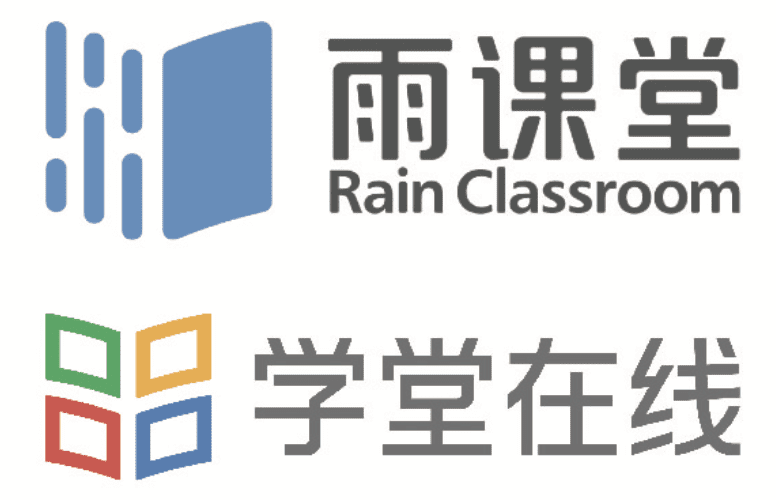
Case 3: Master of Public Policy for Sustainable Development Goals
Tsinghua University and the University of Geneva, Switzerland, have jointly formulated the dual master’s degree program-Master of Public Policy for Sustainable Development Goals (MPP-SDG) by integrating the strength of both parties, which was officially launched in 2018. The program aims to enhance students’ understanding, knowledge, and skills in analyzing and solving problems related to sustainable development. The program also aims to cultivate advanced and inter-disciplinary talents who are committed to sustainable development practice. The program has enrolled 92 master’s degree students since its inception. The first batch of dual master’s degree students have graduated in 2021.
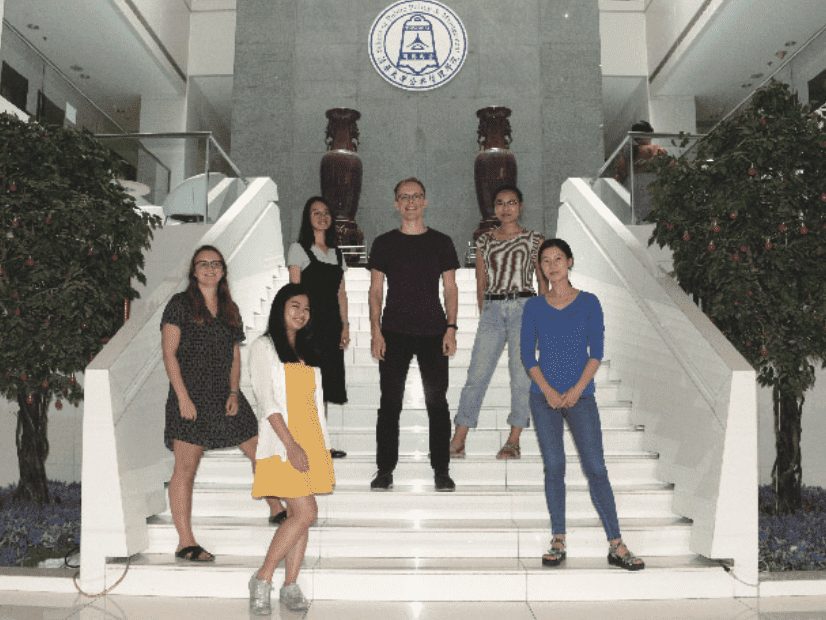
Case 4: Schwarzman Scholars
Designed to prepare young leaders to serve as a bridge between China and the rest of the world, Schwarzman Scholars aims to cultivate students with a global perspective and outstanding leadership to enable them to understand and appreciate different societies and cultures and to aspire them to be future leaders who will contribute to the development of humankind and world peace and make contributions to China and the world.
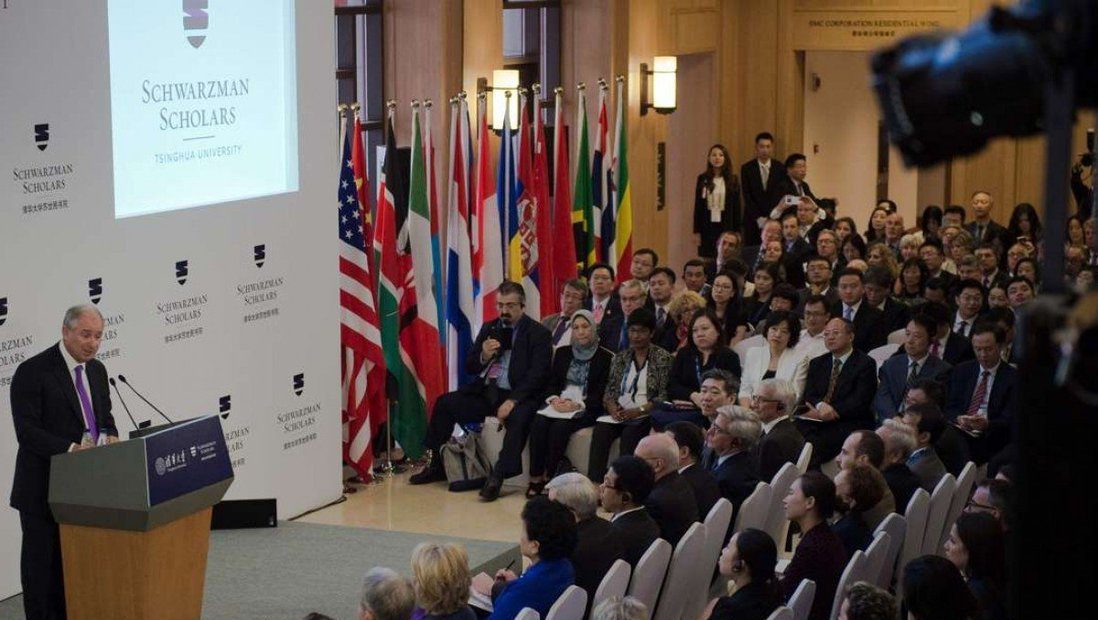
Case 5: Construction of Liberal Arts Education on the SDGs
Tsinghua University has developed many Liberal Arts education with Tsinghua’s characteristics in the fields of environment, energy, and biology in response to significant problems and revolutions faced by human beings. The objectives of the courses are as follows: enrich students’ knowledge structure and cultivate their global vision and enhance their ability comprehensively, guide students to understand the law of the development of nature and life, and have a deeper understanding of the meaning and value of life; to hope that students will pay attention to the harmonious development of nature, man, and society, and face the development and challenges standing in front of the human world; to cultivate a conscious awareness of protecting the ecological environment and the concept of sustainable development, and to realize the intermingling of scientific spirit and humanistic care.
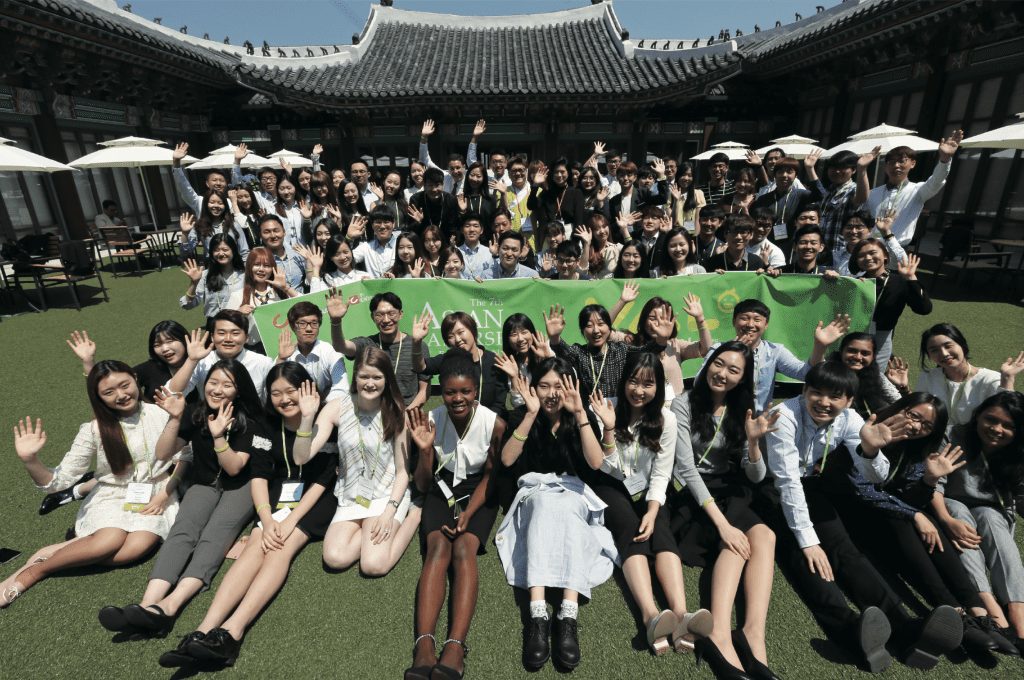
Case 6: “Quality Education”-Related Consulting Projects
In response to the goal of Quality Education, Tsinghua University has carried out research work, such as case studies on children’s psychological education, the current situation, problems, trends, and breakthrough points of basic education reform and development in Handan. Tsinghua University has also conducted a study on the early education framework of artificial intelligence for SDG4, including global environmental education and leadership project.
This article originally appeared on https://www.tsinghua.edu.cn/en/info/1346/10507.htm and the full Tsinghua University Report on Sustainable Development Goals can be found here at: https://www.tsinghua.edu.cn/en/Tsinghua_University_Report_on_Sustainable_Development_Goals.pdf
